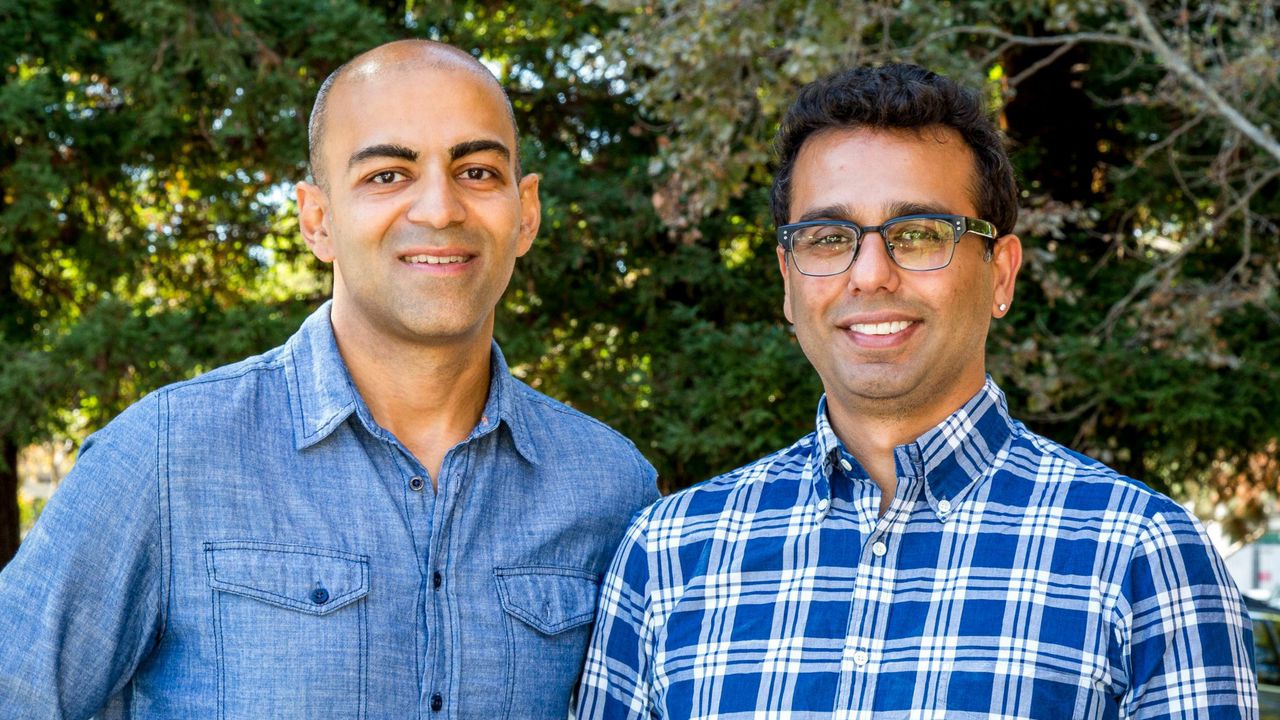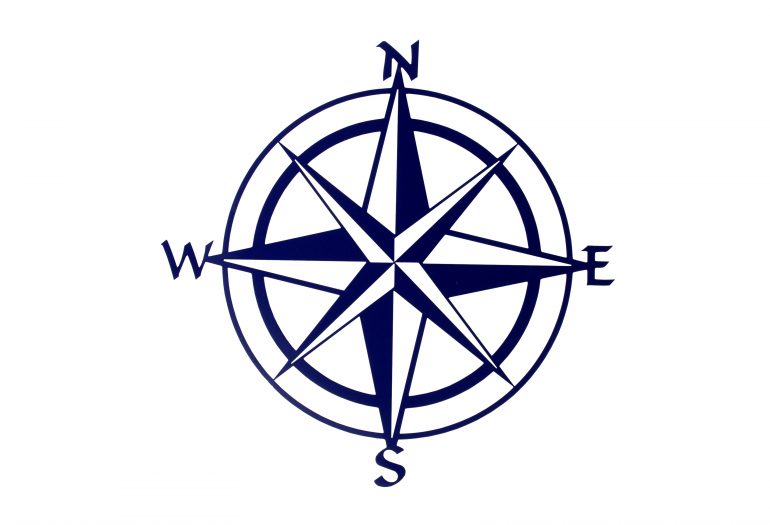Welcome to Due South, a new series that profiles Canadian entrepreneurs who have founded companies outside of the motherland.
“For me, it’s always been about the ecosystem and culture of ambition that surrounds Silicon Valley,” says Anish Acharya.
Acharya is one of the co-founders of Snowball, a San Francisco startup whose first and main product is as an app that creates a unified inbox for all the disparate messaging apps a person can have on their Android phone.
“I think startups are this fundamentally irrational activity,” he goes on to say. “They become rational through the force of will of their founders. A lot of work, ambition, vision and positivity go in to making them real, and the Valley is this environment where there’s so much of that happening.”
“I feel like it’s a special place that has hit a critical mass that allows really remarkable things to happen.“
In part, it’s that specialness that’s kept Acharya in the Bay Area for the better part of a decade.

In 1998, Anish Acharya left his hometown of Kingston, Ontario to pursue a degree in Computer Engineering at the University of Waterloo.
He describes the teen that entered university that year as a “relatively rocky student,” who had to repeat his first year. In the end, however, that may have been the best thing to happen to him, as he probably wouldn’t have met his entrepreneurial partner-in-crime, Jeson Patel, otherwise. The two met in one of the classes Acharya had to retake and they’ve been inseparable since.
After graduating from Waterloo in 2004, Acharya and Patel completed simultaneous stints at Microsoft and Amazon. In 2008, they left corporate life to found SocialDeck, a startup that was focused on the burgeoning mobile gaming market. Several of SocialDeck’s games became hits, but it was Spark, a platform Acharya and company developed for distributing and monetizing mobile games that drew the attention of Google. In 2010, the search giant acquired SocialDeck for an undisclosed amount. Some of Spark’s work became integrated into Google Play Games, and Acharya and Patel joined the company as product managers to help further flesh out the platform.
“Startups are this fundamentally irrational activity. They become rational through the force of will of their founders.”
After spending almost two years as a product manager at Google, Acharya spent the next two-and-a-half moving around the company, filling in at various senior positions. First, he was the lead product manager for Google+ mobile. He then spent some time as a partner with Google Ventures, before finally becoming one of the company’s many entrepreneurs in residence.
Likewise, Patel spent his time at Google moving around the company, helping where he could. After serving as a product and engineer manager for almost three years on Google Play Games, he spent the next year as a product manager at Motorola. He then left Motorola several months before Google sold it to Lenovo in October of 2014, spending his last months with the company as an entrepreneur in residence.
Acharya and Patel left Google at the same time and did so for the same reasons: they were ready to work on a new startup together and they knew exactly the problem they wanted to tackle. Their time at Google, particularly with the company’s investing team, was instrumental in this.
“One of the things I saw being pitched over and over again were communication and social apps,” says Acharya. “What was remarkable was not how many of these apps were being pitched, but the fact that so many of them were seeing incredible growth.”
He then adds, “each one of these apps had millions of users. That led me to the realization that social is not just another vertical; it’s a horizontal like infrastructure. The choices we have for how we connect to people are only going to increase; in fact, they’re already increasing exponentially.”

Eventually my conversation with Acharya moves from the nature of communication to something entirely more prosaic.
I ask him where the yeti-like Snowman named Steve that is the company’s mascot came from.
Acharya laughs. “There was something tongue in cheek about naming the snowman Steve,” he says. “Someone just threw it out and the name has stuck since.”
He goes to add, “Snowball, as a name, was interesting for a few reasons. It’s a nice metaphor for how we collect messages and bring them together. It’s also fun and playful nod to our Canadian roots.”
That Steve and the rest of the company’s branding is able to radiate all the qualities Acharya mentions is because of the work of Daniel Burka. Burka is one of the most respected designers working in the Bay Area. He’s currently a design partner at Google Ventures. His past gigs include being the design director at Digg and a co-founder at Milk, a company he started with Kevin Rose—and if you haven’t guessed already, he’s also Canadian. He helped with the early design of Snowball, making sure the app’s look and feel was perfect.
Despite having spent the last ten years in the Bay Area, it’s apparent that Acharya has a special place for his homeland. “I love Canada — now and forever,” he says.
“I think at a later point in my career I would love to return.”

